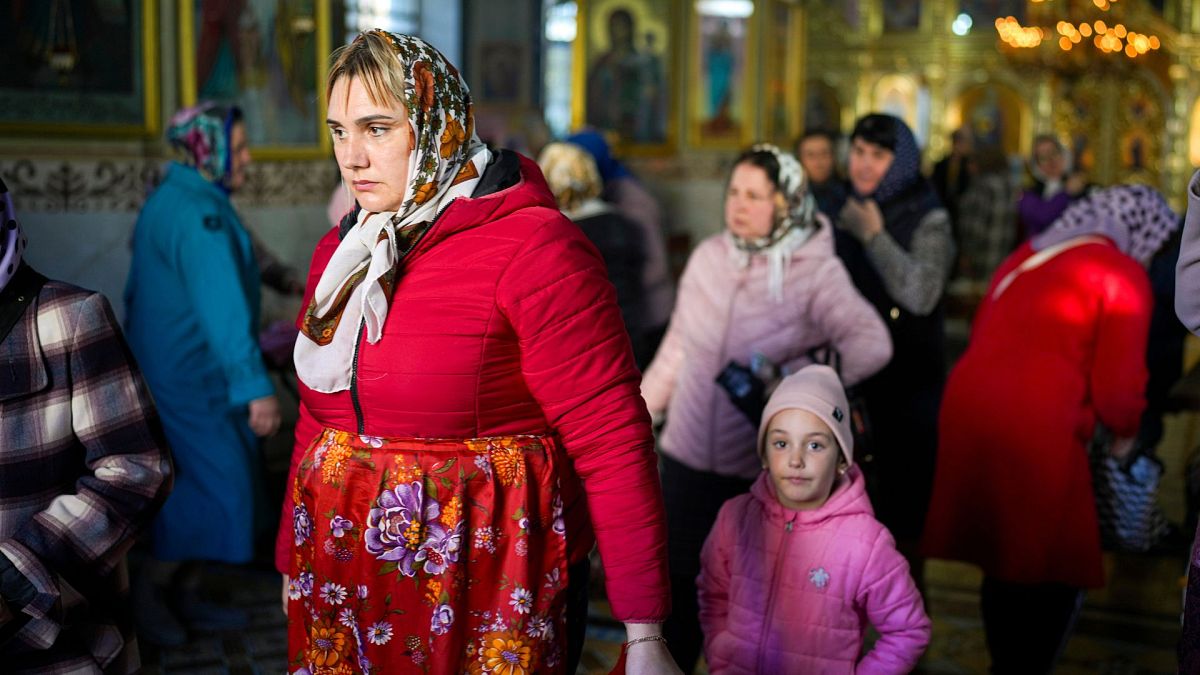Moldova is facing an impending energy crisis as Russia’s Gazprom plans to halt gas supplies over a disputed debt. This has raised fears of a harsh winter for many Moldovans, with concerns about heating and electricity shortages. The situation is particularly alarming in the separatist Transnistria region, where the largest power plant, Kuciurgan, is at risk of shutdown, threatening to plunge the region into darkness. Moldova’s Pro-Western government has accused Russia of using energy as a political weapon, sparking tensions and concerns about a potential humanitarian crisis.
The Moldovan government has implemented energy-saving measures in response to the crisis, including reducing lighting in public and commercial buildings and shifting energy-intensive operations to off-peak hours. However, concerns remain about the impact on residents like Luliana, who relies on power and heating for remote work. The crisis also has the potential to exacerbate tensions between Chisinau and Tiraspol, Transnistria’s de facto capital, as experts warn that Moscow may seek to exploit the situation for political gains ahead of Moldova’s 2025 parliamentary elections.
Moldovan President Maia Sandu has assured residents of sufficient gas supplies for the heating season and measures to ensure uninterrupted electricity supply. However, she has warned of serious humanitarian implications in Transnistria, where residents may need to travel to Moldova for basic necessities. Sandu emphasized the importance of unity, solidarity, and rational energy use in addressing the crisis. The country’s efforts to diversify its energy sources following Russia’s invasion of Ukraine underscore the challenges of balancing domestic stability with European aspirations.
The situation in Moldova highlights the complexity of the country’s energy dependence on Russia and the potential for political manipulation of energy supplies. The alleged debt dispute has led to accusations of energy blackmail and concerns about destabilizing Moldova’s EU aspirations. As the country faces challenges in resolving the crisis and ensuring energy security, it is essential for leaders to prioritize the well-being of their citizens and work towards sustainable solutions. Moldova’s response to the energy crisis will likely have far-reaching implications for the country’s political stability and regional relations in the months to come.










